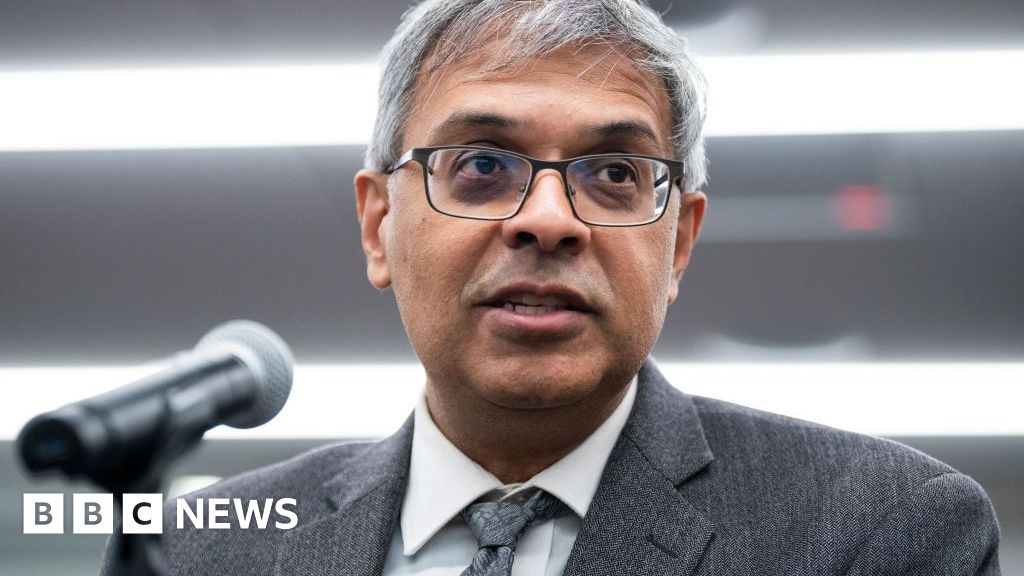Patients most “in need” should be able to see the same doctor at every appointment in their local GP surgery, the government says.
GPs will be rewarded financially if they do this and if they go “above and beyond” preventing common killers like heart disease or treating high blood pressure early, it says.
The measures are included in proposed changes to the GP contract in England – the government says it will add an extra £889m to the existing budget.
The doctors’ union, the BMA, which will now consult its members on the proposals, says GP practices have been worried about finances but this could provide “an important lifeline”.
At the moment, GPs in England are taking collective action and working to rule.
Under this new contract, the government wants to:
- reduce the number of targets that GPs have to meet
- allow greater flexibility for surgeries to employ healthcare staff
- ensure surgeries allow patients to get in touch electronically, as well as over the phone or in person during working hours
- help patients with complex needs and long-term conditions see the same staff at appointments
The previous Conservative government pledged to make it easier for patients to contact their named GP and end the 8am rush for appointments.
Bringing back the family doctor and ending the early morning scramble for appointments were also key manifesto commitments for Labour.
The Royal College of GPs described the increase in budget as “positive news for patients and the wider NHS” and welcomed measures to tackle the “bureaucratic burden”, but warned there was a long way to go.
RCGP chair Professor Kamila Hawthorne said: “While we hope this package announced today will help stabilise general practice and provide some much-needed certainty for hardworking GPs and our teams, there is a long road ahead.”
Dr Katie Bramall-Stainer, of the BMA, said GP practices across the country had been “frantic with worry” around the impact of the “crippling rise” in national insurance contributions from April.
“Hopefully today’s news provides an important lifeline for our 6,000 plus practices, and we are committed to reaching consensus around the management of the additional business pressures that practices will face in the new financial year,” she said.
She said she hoped the funding announcement “would be looked back on as a positive starting point for an evolving conversation” and looked forward to seeing further details.
Health and Social Care Secretary Wes Streeting called on GPs to end their collective action, work with government and “get the NHS back on its feet”.
He said: “It is clear the system is broken, which is why we are slashing red tape, binning outdated performance targets, and instead freeing doctors up to do their jobs.
“We promised to bring back the family doctor, but we want to be judged by results – not promises. That’s why we will incentivise GPs to ensure more and more patients see the same doctor at each appointment.”
The final GP contract will be unveiled in the spring.
Pharmacists, meanwhile, say they are angry that the government is negotiating new a contract with GPs for next year when they haven’t got a new contract for this year.



